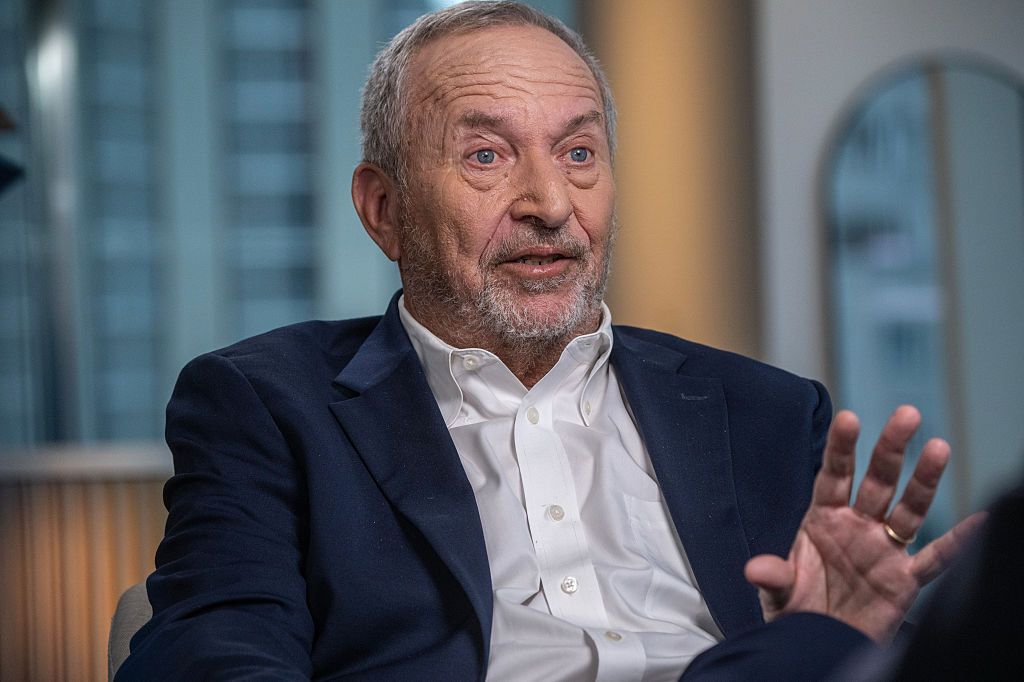What worries Larry Summers
We talked to the former treasury secretary about inflation, recession risks, Trump's attacks on the Federal Reserve, and more

Victor J. Blue/Bloomberg via Getty Images
Larry Summers hasn’t stopped worrying about inflation.
Suggested Reading
Four years ago, the former Clinton-era treasury secretary was ahead of the curve in predicting price increases after the Biden administration enacted a $1.9 trillion COVID stimulus and recovery package. His prediction was correct. But liberal economists sparred over his diagnosis and pointed to the role of pandemic-snarled supply chains in driving up prices.
Related Content
Today, Summers sees a U.S. economy staying sturdy despite President Donald Trump’s tariffs, his attacks on the Federal Reserve, and his staggering interventions into businesses.
“I think it's very difficult to read the economy right now," Summers told Quartz in a recent interview for our Quartz Washington newsletter. "I am, if anything, a bit more worried about inflation than I am about recession, given the strength of most categories of consumption spending, most categories of business investment and the relatively expansionary posture of monetary and fiscal policy and some signs of rising inflation expectations. I think the greater risks are on that side."
“I certainly see that the labor market is weakening," Summers said. "But some of that has to do with reduced labor supply associated with border policies, rather than reduced labor demand. I do think that the economy has proven more resilient with respect to tariff policies and other unusual government interventions in the economy, such as Fed bashing-and taking shares in individual companies than I would have expected."
Summers also said business leaders should be more active in recognizing the self-inflicted threats to U.S. economic growth, which resemble a populism more common in Latin America.
“For much of my career," he said, "I have been commenting on how important it would be, and how valuable it would be, if Latin American countries became more like the United States in terms of having secure transfers of power at elections, independent judiciaries, fiscally prudent budget policies, independent central banks, economies [relatively] open to the rest of the world. Policies based on open capitalism and open markets rather than crony capitalism and open societies where dissent is not punished by legal authorities.
“I've always felt that Latin America would prosper more if it evolved in those directions," Summers added. "And until quite recently, I had not really contemplated the possibility of convergence in the other direction, with the United States becoming more like Latin America. That is, to my mind, a troubling prospect, made more troubling by the fact that the United States, unlike any of the countries in Latin America, is a superpower with major global responsibilities.”
